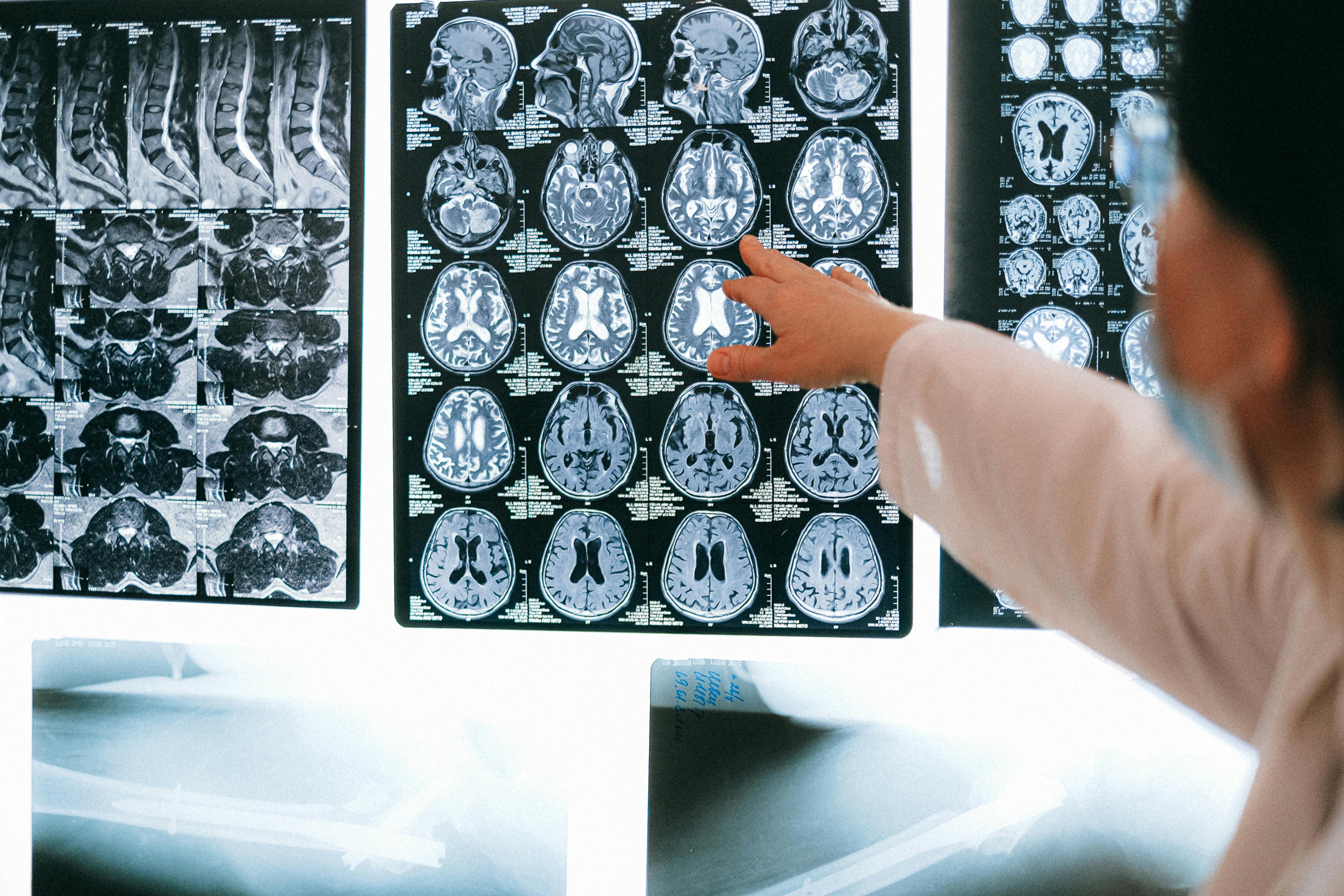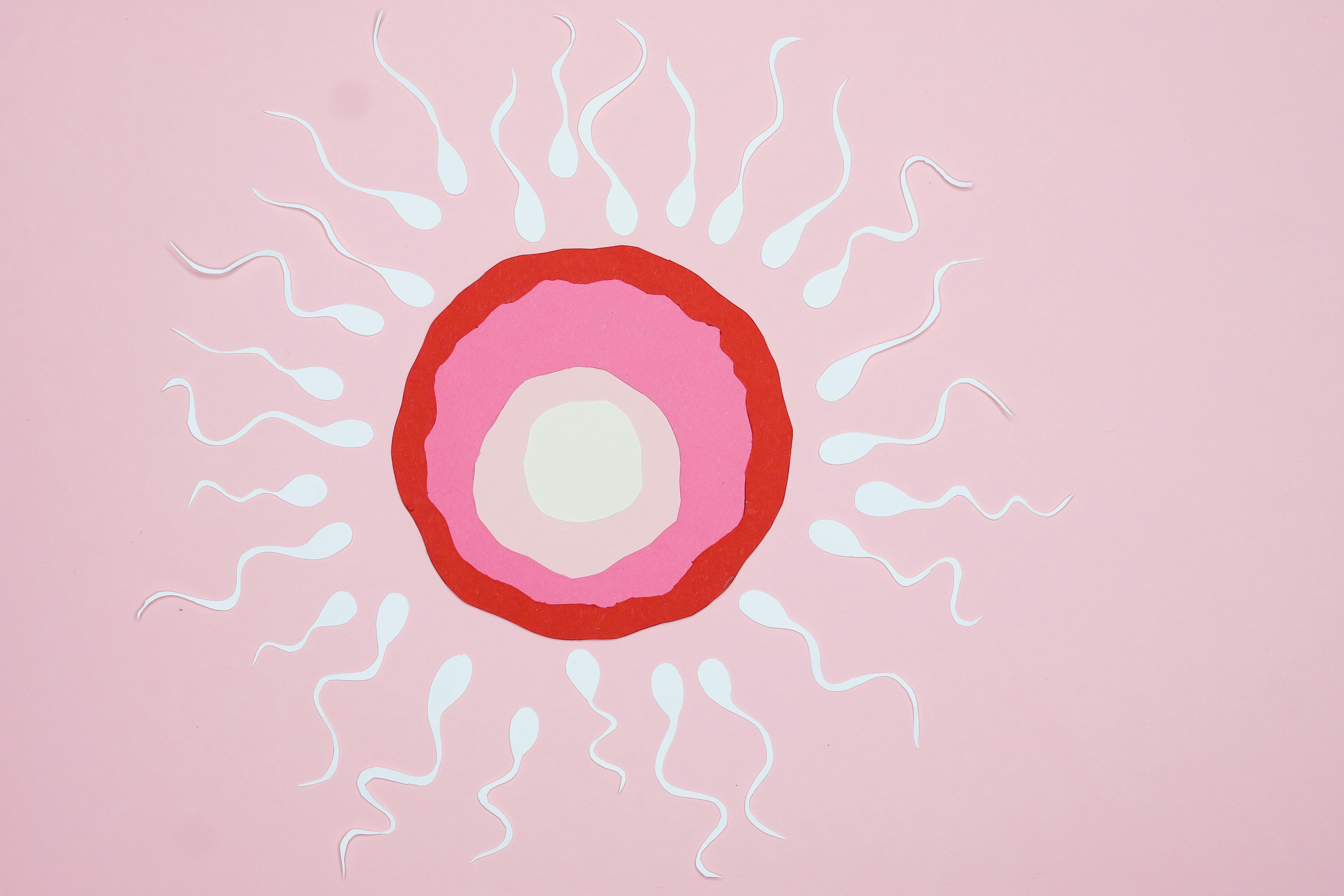When your semen analysis comes back normal, you might wonder why your fertility specialist is recommending ICSI (Intracytoplasmic Sperm Injection). This is a common question that deserves a thorough answer, as the decision impacts both your treatment success and costs.
Understanding ICSI: Beyond Basic Semen Parameters
ICSI involves injecting a single sperm directly into an egg, bypassing the natural fertilization process. While conventional IVF allows sperm to fertilize eggs naturally in a laboratory dish, ICSI gives us precise control over fertilization.
Your semen analysis measures basic parameters like sperm count, motility, and morphology. However, these standard tests don't reveal everything about sperm function. Think of it like evaluating a car based only on its appearance – you can't determine engine performance without looking under the hood.
| Parameter | Normal Range | What It Measures |
|---|---|---|
| Concentration | ≥15 million/mL | Number of sperm per milliliter |
| Total Motility | ≥40% | Percentage of moving sperm |
| Progressive Motility | ≥32% | Sperm moving forward effectively |
| Normal Morphology | ≥4% | Percentage of normally shaped sperm |
Hidden Sperm Function Issues
Even with normal semen parameters, several functional problems can prevent natural fertilization. These issues often remain undetected until you attempt IVF.
Sperm DNA fragmentation affects up to 30% of men with normal semen analyses. This damage to genetic material can prevent fertilization or lead to poor embryo development. Standard semen analysis cannot detect this crucial factor.
Acrosome reaction defects represent another hidden issue. The acrosome is a cap-like structure on the sperm head that must function properly to penetrate the egg. Sperm may appear normal but lack the ability to complete this essential step.
| Hidden Sperm Issue | Impact on Fertilization | Detection Method |
|---|---|---|
| DNA Fragmentation | Poor embryo quality, failed fertilization | SCSA or TUNEL testing |
| Acrosome Defects | Cannot penetrate egg shell | Specialized functional tests |
| Mitochondrial Dysfunction | Poor sperm energy, reduced motility | Advanced laboratory analysis |
| Membrane Integrity Issues | Impaired egg binding | HOS test, flow cytometry |
When ICSI Becomes Essential Despite Normal Parameters
Several clinical scenarios warrant ICSI even when your semen analysis appears normal. Unexplained infertility cases often benefit from ICSI, particularly when conventional IVF has failed previously.
Previous fertilization failure represents the strongest indication for ICSI. If your eggs failed to fertilize during a conventional IVF cycle, ICSI becomes necessary for subsequent attempts, regardless of sperm parameters.
Advanced maternal age also influences this decision. Women over 35 have eggs with harder shells (zona pellucida), making natural fertilization more challenging even with healthy sperm.
The Split-Cycle Approach: Getting Answers
When uncertainty exists about fertilization potential, many clinics offer split-cycle ICSI. This approach divides your eggs into two groups – half undergo conventional IVF while half receive ICSI treatment.
This method provides valuable diagnostic information about sperm function while maximizing fertilization rates. If conventional IVF fails but ICSI succeeds, future cycles will use ICSI exclusively.
| Split-Cycle Results | Interpretation | Future Recommendation |
|---|---|---|
| Both methods successful | Normal sperm function | Conventional IVF acceptable |
| Only ICSI successful | Hidden sperm dysfunction | ICSI required for future cycles |
| Both methods fail | Egg quality issues likely | Consider donor eggs |
| Variable results | Borderline sperm function | ICSI recommended for consistency |
Success Rates: ICSI vs Conventional IVF
Research shows that ICSI and conventional IVF achieve similar success rates when sperm parameters are normal. However, ICSI provides more predictable fertilization rates, reducing the risk of complete fertilization failure.
According to recent studies, fertilization rates with ICSI range from 70-85%, while conventional IVF achieves 60-75% fertilization when sperm parameters are normal (Palermo et al., 2023). The key advantage of ICSI lies in consistency rather than superior outcomes.
Live birth rates remain comparable between both methods when sperm function is truly normal. However, ICSI eliminates the devastating scenario of zero fertilization, which occurs in 5-10% of conventional IVF cycles even with normal sperm.
Cost Considerations and Insurance Coverage
ICSI typically adds $1,500-3,000 to your IVF cycle cost. While this represents a significant expense, many couples find the insurance against fertilization failure worthwhile.
Some insurance plans cover ICSI when medically indicated, but coverage for elective ICSI varies widely. At Avida Fertility, our financial counselors help you understand your coverage options and payment plans.
| Scenario | ICSI Recommendation | Insurance Coverage Likelihood |
|---|---|---|
| Previous fertilization failure | Strongly recommended | Usually covered |
| High DNA fragmentation | Recommended | Often covered |
| Advanced maternal age | Consider benefits | Variable coverage |
| Patient preference | Elective choice | Rarely covered |
Potential Risks and Considerations
While ICSI is generally safe, it does carry slightly increased risks compared to conventional IVF. These include a small increase in chromosomal abnormalities and birth defects, though absolute risks remain low.
The procedure itself can occasionally damage eggs during injection, though this occurs in less than 5% of cases with experienced embryologists. At Avida Fertility, our laboratory team has extensive ICSI experience, minimizing these risks.
Some studies suggest a slight increase in imprinting disorders with ICSI, but the absolute risk remains extremely low – affecting fewer than 1 in 1,000 births (Manipalviratn et al., 2022).
Making the Right Decision for Your Situation
The decision to use ICSI with normal sperm parameters should consider multiple factors beyond basic semen analysis results. Your age, previous treatment history, egg quality, and personal risk tolerance all play important roles.
If you're undergoing your first IVF cycle with normal sperm parameters and no other risk factors, conventional IVF may be appropriate. However, if you have limited eggs, previous fertilization concerns, or want maximum security, ICSI offers valuable insurance.
Consider discussing PGT testing alongside your ICSI decision, as both procedures can optimize your treatment outcomes when used appropriately.
Advanced Testing Options
Before deciding on ICSI, consider advanced sperm function tests that can reveal hidden problems. DNA fragmentation testing, acrosome reaction assays, and sperm penetration tests provide deeper insights into sperm capability.
These tests help identify men who would benefit from ICSI despite normal basic parameters. While not routinely performed, they can guide treatment decisions in challenging cases.
| Advanced Test | What It Reveals | When to Consider |
|---|---|---|
| DNA Fragmentation Index | Genetic damage in sperm | Recurrent pregnancy loss, poor embryo quality |
| Acrosome Reaction Test | Sperm's ability to penetrate eggs | Previous fertilization failure |
| Mitochondrial Function | Sperm energy production | Poor motility despite normal counts |
| Oxidative Stress Markers | Cellular damage from free radicals | Lifestyle factors, advanced paternal age |
The Role of Laboratory Quality
The success of both ICSI and conventional IVF depends heavily on laboratory expertise and equipment quality. Experienced embryologists can identify subtle sperm abnormalities that might not appear in standard analyses.
At Avida Fertility, our state-of-the-art laboratory uses advanced microscopy and micromanipulation equipment to optimize both ICSI and conventional IVF outcomes. Our embryologists undergo continuous training to maintain the highest standards.
Laboratory accreditation and quality metrics should factor into your clinic selection, as these directly impact your treatment success regardless of the fertilization method chosen.
Frequently Asked Questions
Can ICSI improve pregnancy rates with normal sperm?
ICSI doesn't typically improve pregnancy rates when sperm function is truly normal, but it does provide more predictable fertilization and reduces the risk of complete fertilization failure.
Is ICSI more likely to result in male babies?
No, ICSI does not significantly alter the natural sex ratio. The slight variations reported in some studies are not clinically significant.
Can we switch from conventional IVF to ICSI during the same cycle?
Unfortunately, no. The decision must be made before egg retrieval, as the timing and preparation differ between the two methods.
Does ICSI increase the chance of twins?
ICSI itself doesn't increase twin rates. Twin rates depend on the number of embryos transferred, not the fertilization method used.
How long does sperm need to be prepared for ICSI?
Sperm preparation for ICSI typically takes 2-4 hours, similar to conventional IVF preparation times.
Future Developments in Fertilization Technology
Emerging technologies may soon provide better ways to predict fertilization success without ICSI. Artificial intelligence systems are being developed to analyze sperm function more precisely, potentially identifying which couples truly need ICSI.
Time-lapse imaging of sperm behavior and advanced molecular testing may revolutionize how we assess fertilization potential. These developments could make the ICSI decision more precise and evidence-based.
Research into sperm quality improvement techniques may also reduce the need for ICSI by addressing underlying sperm function problems before treatment.
Your Treatment Decision at Avida Fertility
At Avida Fertility, we believe in personalized treatment plans based on your unique situation. Our reproductive specialists will thoroughly review your medical history, test results, and personal preferences before recommending ICSI or conventional IVF.
We offer comprehensive sperm function testing when indicated and provide detailed counseling about the benefits and risks of each approach. Our goal is to help you make an informed decision that aligns with your values and maximizes your chances of success.
Our experienced laboratory team ensures excellent outcomes with both ICSI and conventional IVF, giving you confidence in whichever method you choose. We also provide flexible financing options to make your treatment more accessible.
Remember that the right choice varies for each couple. What matters most is working with a team that understands your unique needs and provides expert guidance throughout your fertility journey.
Considering IVF treatment? Avida Fertility is here to support and guide you on your fertility journey. Reach out today for a personalized consultation and take the first step towards building your family with confidence.






.png)







.svg)
.svg)
